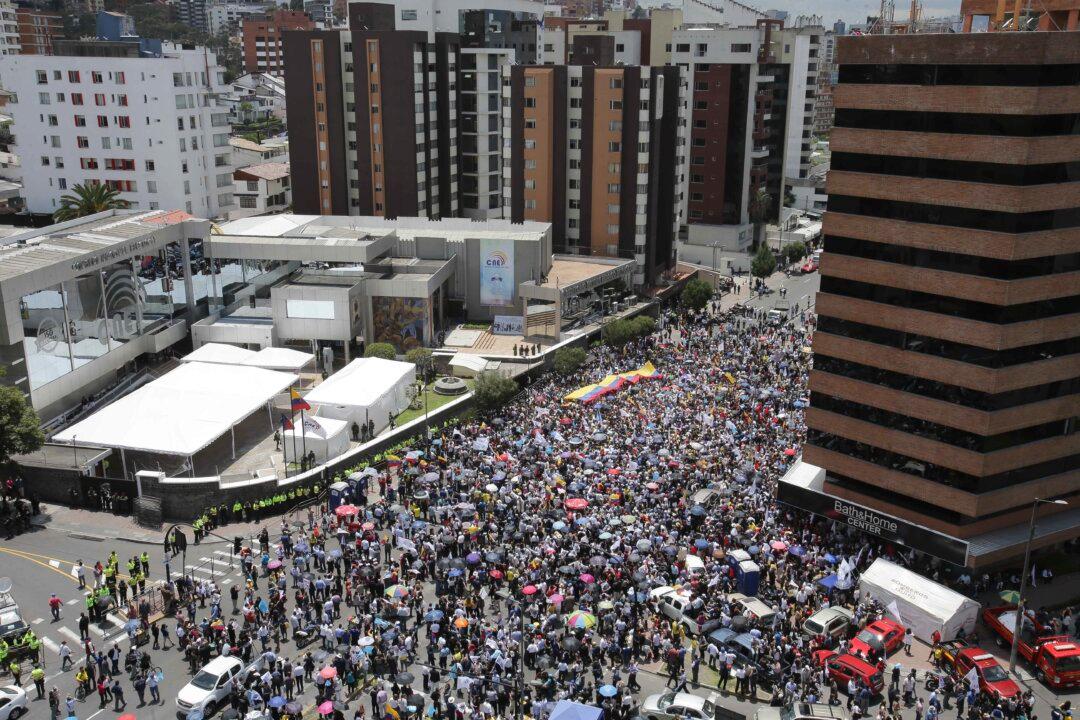News Analysis
Ecuador’s plan for free trade agreements with the United States, European Union, Russia, and China demonstrate that democracies are not utilizing their own large economies to protect democratic values.

Ecuador’s plan for free trade agreements with the United States, European Union, Russia, and China demonstrate that democracies are not utilizing their own large economies to protect democratic values.